School of Divinity professor draws from personal experience to create new minor in disability ministry
Originally published October 6, 2023 by Liberty University.
Through a partnership between the John W. Rawlings School of Divinity and the Family & Consumer Sciences Department, Liberty University has launched a new disability ministry minor in the residential program and a new cognate in the online program for students from all degree programs who are interested in learning how to minister to disabled individuals in their workplaces, churches, and communities.
School of Divinity Professor and Disability Ministry Program Director Dr. Chris Hulshof spearheaded the creation of the minor. He has taught A Theology of Suffering and Disability (THEO 324) since 2014 and said regardless of their career paths, students will learn the most effective ways to interact with individuals with disabilities of all ages and serve their families.
Ministering to the disabled strikes home for Hulshof in part because his son, Connor, 21, was born with infantile epilepsy and had the right half of his brain removed when he was 2 years old to prevent seizures. Through raising his son, Hulshof has found a passion for caring for others who have disabled family members. He said his own background allows him to teach students not only from an academic standpoint but also from personal experience. “I can also speak about it on a personal level,” he said. “This is what it looks like as a dad who has a 21-year-old son is not like (other people his age). There are some ways in which he’s close and some ways in which he looks like a college student. But in other ways he is very much not.”
Hulshof said the required courses are particularly important for those training for church ministry.
“Practically, the number of individuals who have a disability is not decreasing but increasing,” he said. “As people training to be pastors and church leaders, if you don’t prepare and train for how to minister to, alongside, and with individuals who have a disability, you’re underprepared for the task God’s called you to.”
He noted that few churches provide proper support for these individuals or provide them with ample opportunities to serve. “These classes are designed to help students realize that God has gifted individuals with disabilities to be able to serve alongside others in the church and even more importantly to actually lead some things in church,” he said. “Our churches are all the more poor if we don’t include individuals with disabilities in areas of service and in areas of leadership.”
Hulshof said the new minor resulted from a steady increase of interest in THEO 324 over the past few years, going from a one-section-per-year class to a two-section class every semester.
In addition to the course, the 15-credit on-campus program includes Introduction to Church Ministries (CHMN 201), Disability Ministry Across the Generations (CLCM 480), Administration of Family and Child Life Programs (FACS 365), and Internal Dynamics of Families (FACS 470). The new online cognate requires four courses, two developed by Hulshof and two developed by author and disability ministry expert Sandra Peoples.
Hulshof said he continually hears from former students who have used what they learned in his class in their lives. He has also worked with several former students, in part through his role on the board of directors for The Banquet Network. Sometimes this even means being encouraged when they find out that they themselves are going to have a child with a disability.
“Even from a general family perspective, the number of students who have reached out to me and said, ‘You have no idea, as a dad, how that class has been instrumental because here’s what happened when we found out my wife was pregnant. The stuff we talked about in class really helped me.’”
While he teaches about ministry, Hulshof said it is often his students who in turn minister to him by praying for his family. “There’s something about that that fits in the nature of believers (here at Liberty),” he said. “It’s fellowship and it’s sharing. Since I am going to be real, honest, and vulnerable about what it looks like to be a dad who is raising a kid who has a disability, it also gives students the opportunity to say, ‘I realize you used that as an example, but I wanted to let you know I prayed about that for you today.’ There’s a shared ministry that happens within that that has been really neat.”
